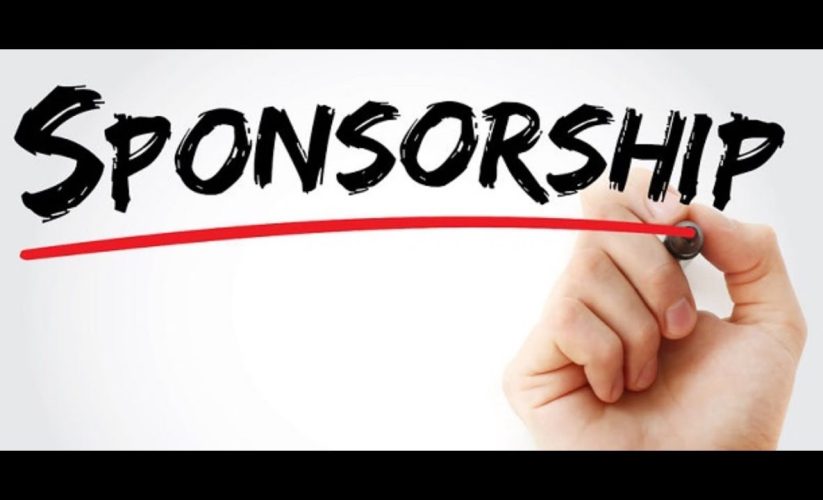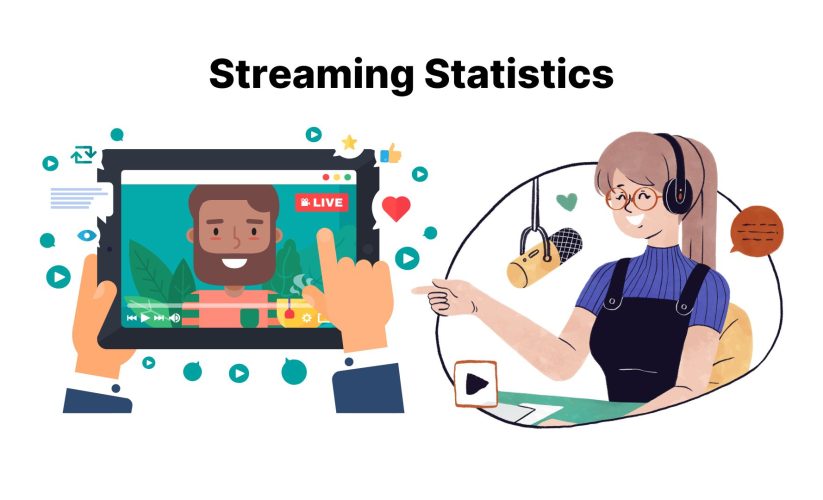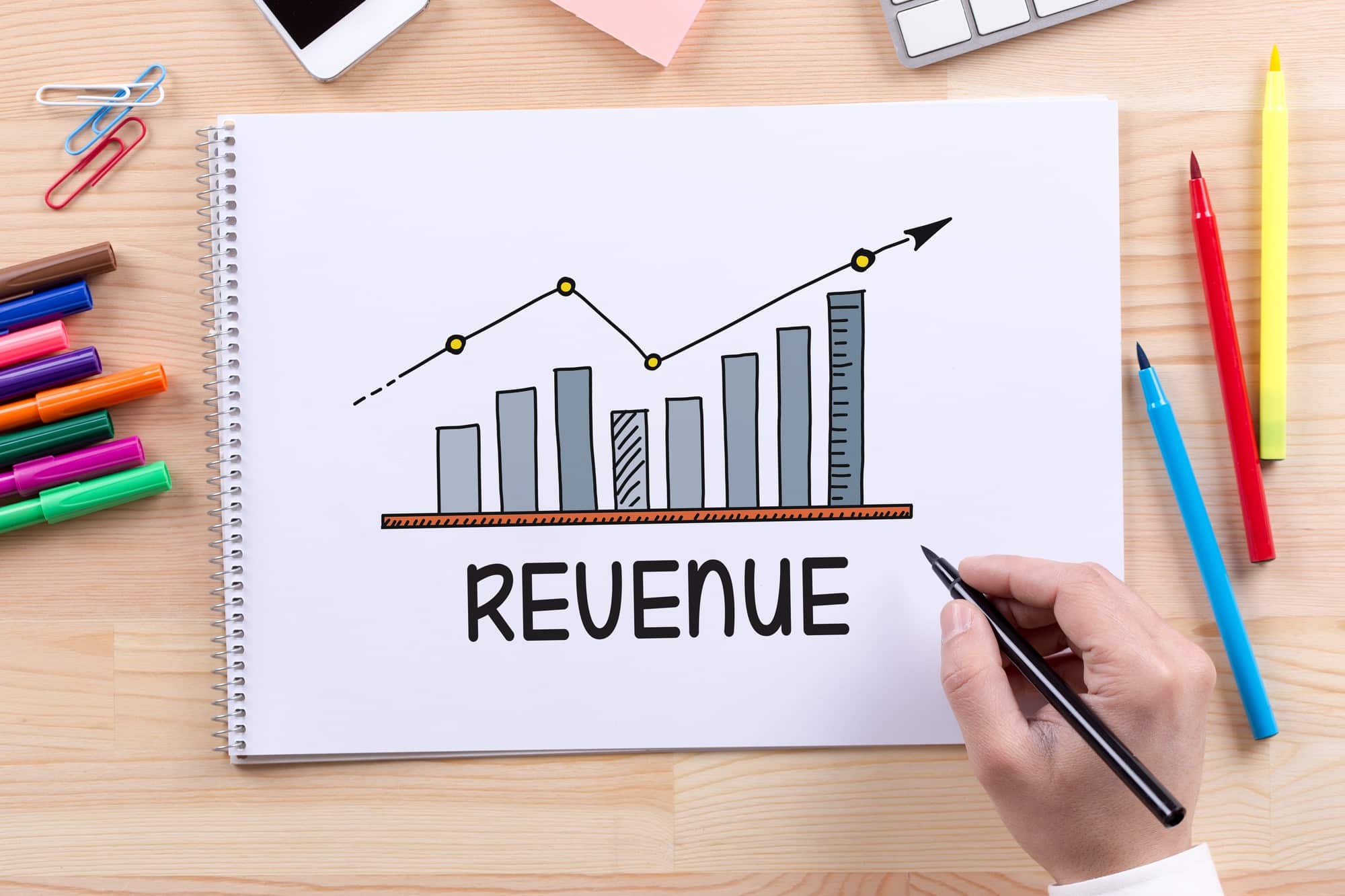
What Makes a Concert Sponsorship Successful?
In the world of live music, concert sponsorship plays a vital role in bringing events to life. It provides essential funding and resources that can enhance the concert experience for both artists and fans. However, not all sponsorships are created equal. To ensure that a concert sponsorship is successful, there are several key factors to consider. This article explores what makes a concert sponsorship effective and how both sponsors and organizers can create mutually beneficial partnerships.
1. Clear Objectives and Alignment
Defining Goals
Successful concert sponsorship begins with clear objectives. Both the sponsor and the event organizers should establish what they hope to achieve from the partnership. Whether the goal is to increase brand awareness, drive sales, or enhance community engagement, clearly defined objectives will guide the sponsorship strategy.
- Importance: When both parties understand their goals, they can work collaboratively to create a sponsorship that meets those needs. For example, if the sponsor aims to launch a new product, the concert can serve as a platform for that launch.
Audience Alignment
Understanding the target audience is crucial. The sponsor’s brand should align with the demographic of the concert-goers. A mismatch can lead to ineffective campaigns and wasted resources.
- Tip: Conduct research to ensure that the sponsor’s values and products resonate with the audience. This alignment enhances the overall concert experience and strengthens the partnership.
2. Creative Activation Strategies
Engaging Fans
One of the most significant factors in successful concert sponsorship is the activation strategy. Creative engagement initiatives can make the sponsorship unforgettable for fans. These could include interactive booths, product sampling, or contests that encourage fan participation.
- Example: A beverage sponsor might set up a refreshment lounge where fans can sample new products or participate in fun games to win prizes. Such activations create memorable experiences that deepen the connection between the brand and its audience.
Social Media Integration
Incorporating social media activation into the sponsorship plan can significantly amplify its reach. Sponsors can encourage attendees to share their concert experiences online, using specific hashtags or tagging the brand.
- Impact: This not only increases brand visibility but also creates a sense of community among fans, as they engage with both the concert and the sponsor on social media platforms.
3. Effective Communication
Open Dialogue
Clear and consistent communication between sponsors and event organizers is essential for a successful partnership. Both parties should establish regular check-ins and updates to discuss progress, challenges, and opportunities.
- Action Step: Schedule meetings leading up to the event to ensure everyone is aligned on expectations and deliverables. Open dialogue fosters transparency and strengthens the partnership.
Feedback Mechanisms
Incorporating feedback mechanisms allows both parties to assess what is working and what isn’t. After the event, sponsors should receive a post-event report detailing engagement metrics, audience feedback, and overall success.
- Benefit: This information can guide future collaborations and help both parties improve their strategies for upcoming events.
4. Comprehensive Branding Opportunities
Visibility and Recognition
Successful concert sponsorships provide ample branding opportunities for the sponsor. This includes prominent logo placements on promotional materials, merchandise, and during live performances.
- Tip: Ensure that the sponsor’s branding is integrated seamlessly into the concert experience. This visibility not only enhances the sponsor’s image but also reinforces their commitment to supporting the event.
Customized Branding Packages
Consider offering tailored branding packages that meet the specific needs of the sponsor. This could involve unique promotional opportunities, such as exclusive backstage access or special shout-outs during the event.
- Advantage: Customized packages demonstrate a commitment to the sponsor’s goals and can lead to more significant investments in future sponsorships.
5. Measurable Outcomes
Setting KPIs
To evaluate the success of a concert sponsorship, it’s crucial to establish Key Performance Indicators (KPIs) before the event. These metrics should align with the goals set at the beginning of the partnership.
- Examples of KPIs: Metrics might include ticket sales, social media engagement, brand reach, and audience feedback. Setting these indicators allows both parties to measure the effectiveness of the sponsorship accurately.
Post-Event Analysis
After the concert, conduct a thorough analysis of the KPIs to assess the impact of the sponsorship. This evaluation should include both quantitative data (like sales figures) and qualitative feedback (like attendee experiences).
- Importance: Understanding what worked and what didn’t enables sponsors and organizers to refine their strategies for future events, ensuring continuous improvement.
6. Building Long-Term Relationships
Fostering Partnerships
Successful concert sponsorship goes beyond a one-time transaction. Building long-term relationships between sponsors and event organizers can lead to ongoing collaborations that benefit both parties.
- Action Step: After the concert, follow up with sponsors to express gratitude and share insights from the event. Cultivating a positive relationship can lead to sponsorships in future events and create a network of loyal supporters.
Community Engagement
Encouraging sponsors to engage with the local community can further strengthen the partnership. This might involve supporting local charities, organizing community events, or offering free tickets to underserved populations.
- Impact: Such initiatives not only enhance the sponsor’s brand image but also demonstrate a commitment to social responsibility, making them more attractive to consumers.
Conclusion
A successful concert sponsorship hinges on several key factors, from clear objectives and creative activation strategies to effective communication and measurable outcomes. By understanding these essential elements, both sponsors and event organizers can create partnerships that enhance the concert experience for fans while achieving their respective goals. Ultimately, a well-executed concert sponsorship can lead to lasting relationships, increased visibility, and a more vibrant music scene.





